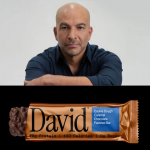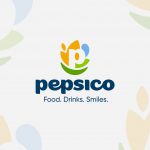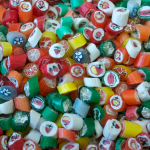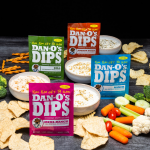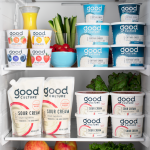Hain Celestial: Net Sales Continue Expected Decline As New Company Strategy Takes Effect

The Hain Celestial Group saw net sales drop 3.3% in Q1 FY2024 (compared to a 2% drop in Q4 2023) as the impact of its Hain Reimagined strategy is being felt, said president and CEO Wendy Davidson in a statement.
Organic net sales, which do not account for acquisitions, divestitures and discontinued brands, declined 2.9% year over year and the company reported a 170 point gross margin decrease to 19.7%.
Hain Reimagined is the second, multi-year transformation plan the company has adopted since 2018. The first turnaround plan saw the natural products leader divest over 20 portfolio brands under the direction of former CEOs Gary Tickle and Mark Schiller in efforts to simplify the business and drive profitable growth.
At Hain’s Investor day in September, Davidson unveiled the latest overhaul strategy which will focus growth on its better-for-you Snacks, Baby & Kids and Beverage segments.
“We are pleased that we delivered net sales results that were in line with our expectations,” said Lee Boyce, CFO, in a press release. “We are maintaining our guidance for the full year despite achieving adjusted EBITDA in the fiscal first quarter ahead of our expectations… our Hain Reimagined strategy is designed to be self-funded and flexible. We will continue to invest in the business to drive profitable growth, adjusting the pace of investment as we progress.”
Within its North America segment, both net and organic net sales decreased by 9.8% and 9.3% respectively, which Davidson attributed to lower baby and kids sales due to the impact of the baby formula crisis and declines in personal care sales, as well as the impact of new promotional activities for chip brand Terra.
“Certainly the impact on snacks was Terra [promotions] driven, but offset by [+13% sales growth] for Garden Veggie [snacks], so that gives us confidence as we go into Q2 that the Terra impact of the snack portfolio is a Q1 challenge.”
On a category level, sales of Hain’s private label spreads increased 19% in the quarter while its soup brands saw a 19% dollar share increase. Its plant-based meat alternatives, Yves Veggie Cuisine and Linda McCartney’s, both gained back dollar share and for the latter, saw unit velocity increase 20%.
The company reaffirmed its full year guidance and expected organic net sales to increase between 2% to 4% and adjusted EBITDA to come in between $155 million and $165 million.
Hain’s International business has seen a sales turnaround, driven by consolidation in the plant-based meat category and continued strength of its jams, jellies and soups business, Davidson said during Q&A with shareholders.
“The European market consumer [has been] more acutely impacted by inflation and the economy than what we’ve seen here in the U.S.,” Davidson said in response to a shareholder question. “It’s also a market that has more private label penetration than what we see in the U.S. and in North America. The benefit for us is we play in both private label and brands and that certainly was a benefit for us in the first quarter.”
As Hain continues to execute on its new transformation plan the company will also implement its “Fuel Program,” designed to contribute a gross margin improvement of between 400 to 500 basis points through operational efficiencies as well as revenue growth and working capital management.

